Glutathione
$34.00 – $75.00Price range: $34.00 through $75.00
What is Glutathione?
glutathione injections (GSH) is a naturally occurring substance produced by the liver and found in fruits, vegetables, and meat. It is synthesized by cells from three amino acids: cysteine, glutamic acid, and glycine.
Glutathione levels in the body can be depleted by several factors, including poor nutrition, environmental toxins, and stress. Additionally, its levels can decline with age.
1. Benefits of Glutathione
glutathione injections, Depending on the method of use and the patient’s purpose, Glutathione offers different benefits, specifically:
1.1 Oral Glutathione for the Treatment of
- Glaucoma and cataracts
- Preventing aging
- Treating or preventing alcohol addiction, asthma, heart disease (atherosclerosis and high cholesterol), cancer, hepatitis, liver disease, diseases that weaken the immune system (including AIDS and chronic fatigue syndrome), memory loss, Alzheimer’s disease, osteoarthritis, and Parkinson’s disease.
- Maintaining a healthy immune system and preventing metal and drug poisoning.
1.2 Use of Inhaled Glutathione for Treatment
Lung infections, including cystic fibrosis, idiopathic pulmonary fibrosis, and lung disease in individuals with HIV.
1.3 Intravenous Glutathione for Treatment
- Male infertility
- Preventing dangerous side effects of cancer treatment (chemotherapy)
- Preventing fatigue and anemia in patients with kidney disease undergoing dialysis
- Preventing kidney problems after heart surgery
- Treating Parkinson’s disease
- Improving blood flow and reducing blood clots in people with atherosclerosis
- Treating diabetes
- Preventing dangerous side effects of chemotherapy.
2. Mechanism of Action of Glutathione
Glutathione is involved in numerous biological processes, including tissue building and repair, and the production of essential chemicals and proteins for the body and immune system.
As a powerful antioxidant, glutathione is essential for maintaining healthy cells. It acts like a magnet, attracting free radicals, heavy metals, and toxins absorbed daily through the skin, breath, water, and food, stimulating their elimination from the body and keeping the body healthy.
glutathione injections is not only produced naturally by the body but can also be recycled. If glutathione injections cannot be recycled, the body becomes overloaded with toxins, leading to an imbalance.
| Quantity | 200mg, 500mg |
|---|
Be the first to review “Glutathione” Cancel reply
Related products
peptides
peptides
peptides
peptides
peptides
peptides
peptides
peptides

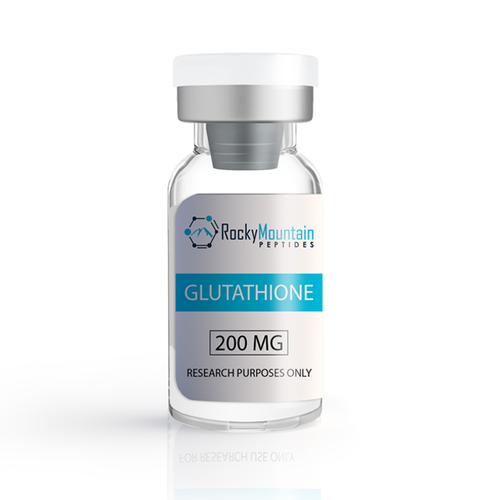
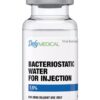
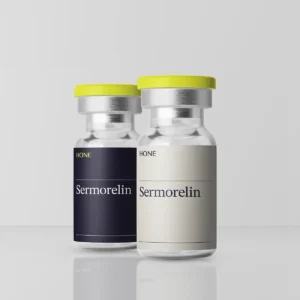
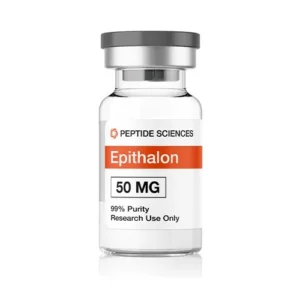
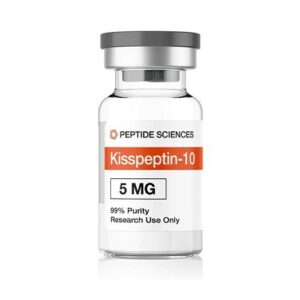


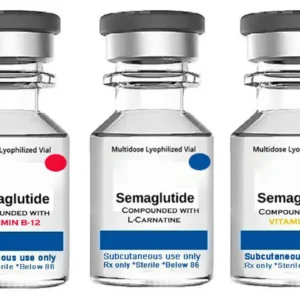
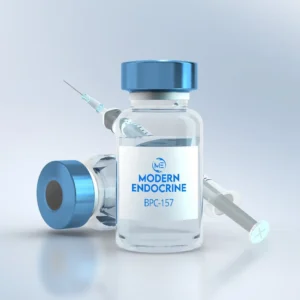
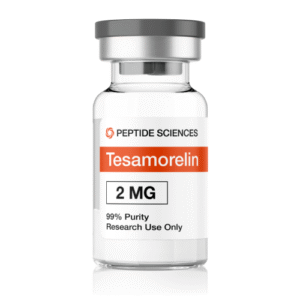

Reviews
There are no reviews yet.